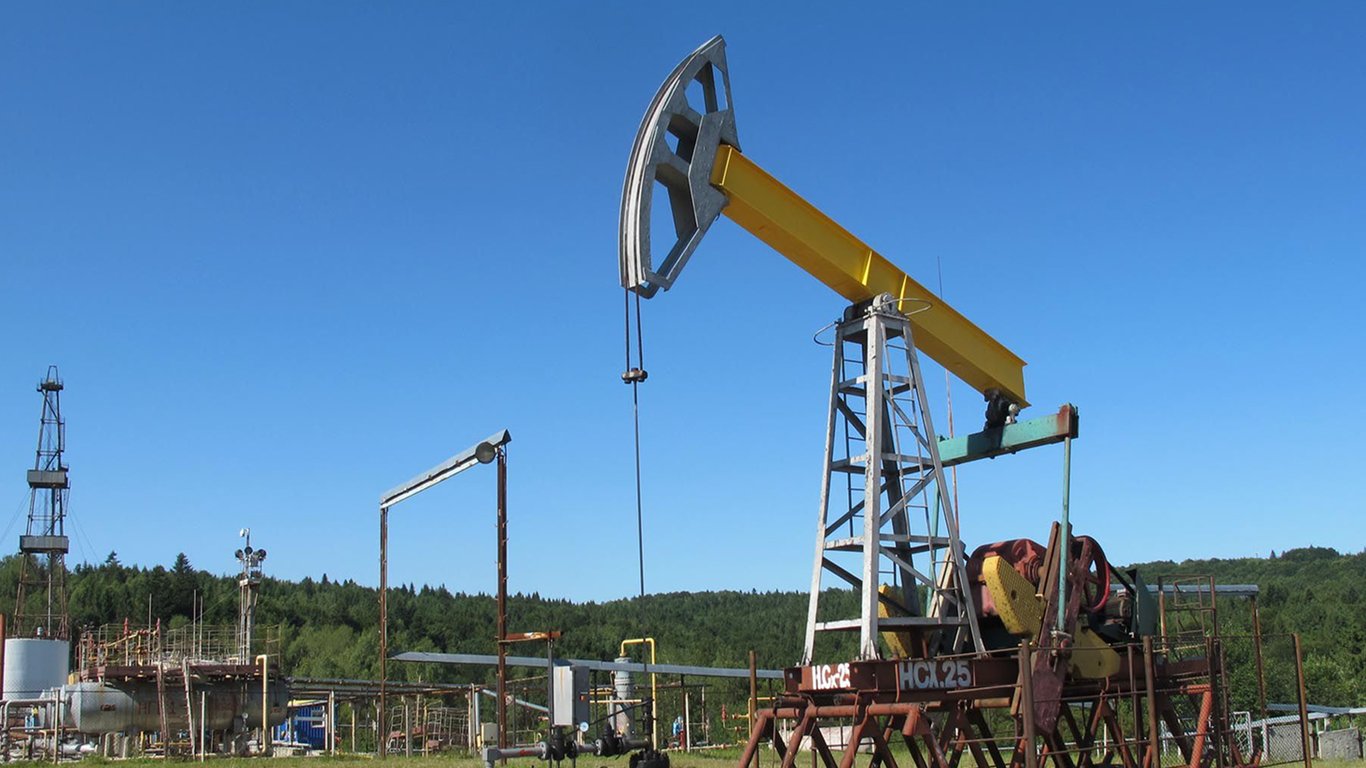What is clearing.


Signing certain agreements or transactions can be quite an interesting process. For example, it will be helpful to understand what clearing is and what it is used for. And if at first glance, clearing seems like a complex process, simply put, it is just the settlement among the transaction participants.
In understanding what it is, many concepts related to exchanges need to be considered. But overall, such a process also allows for potential earnings in the future.
What is clearing on the exchange?
So, what is clearing? It is a process that occurs between the transaction participants. More precisely, it is the moment when they settle accounts with each other. All this is aimed at ensuring that these transaction participants do not need to make many money transfers. That is, the entire settlement process is simplified. At the same Time, the transaction participants fulfill all their obligations.

With the help of clearing, there is a "clearing" (from the English "clearing") of mutual claims, allowing companies, banks, and other financial institutions to minimize money transfers and risks during settlements. Hence the name of the process to which both parties agree.
Overall, this process is also called the regulation of mutual claims. In this case, there are market participants who want to fulfill the terms of the transaction more quickly. Then they need a clearing organization that records and processes all data.

The process is simple and understandable, and it has several sequential stages:
-
First, it is necessary to record the transaction. All transactions concluded in the market are recorded, after which the clearing center analyzes which obligations need to be fulfilled.
-
Next, it is necessary to calculate the final position. The clearing organization determines the net obligations of each participant, allowing to avoid numerous financial transfers.
-
After that, obligations need to be fulfilled. The clearing organization carries out the settlement process, after which the participants receive funds or assets.
A simple process has several types. It all depends on the calculation methods that are convenient for all transaction participants.

What are the most popular types:
-
Clearing through a bank. This is a form of clearing where banks settle with each other. In Ukraine, this type of clearing significantly reduces the time of settlements between financial institutions, especially in the conditions of the national payment system and international payment systems.
-
Currency clearing. This type of clearing is used when making international currency transactions. In the case of Ukraine, currency clearing became especially relevant with the development of exports and imports, and when working with foreign partners.
-
There is also clearing through stock markets. Stock clearing is applied when carrying out operations on the stock market, where mutual settlements for the purchase and sale of securities are conducted. In 2024, in the Ukrainian stock market, this type of clearing is an essential tool for reducing risks and efficiently fulfilling obligations.
A few words should be said about commodity clearing. It is needed only for participants in commodity markets. In Ukraine, commodity clearing in 2024 is especially in demand in the agricultural and energy sectors, where transactions for large volumes of goods are often concluded.
What is clearing needed for?

Clearing operations have their special role. That is, their activities do not extend to other processes in the markets. Clearing organizations play a key role in organizing settlements and minimizing risks.
What functions do such organizations perform:
-
First of all, they control the fulfillment of obligations of all transaction participants. Clearing companies verify the solvency of the participants and ensure that all parties fulfill their obligations.
-
This organization also calculates positions. Organizations analyze the positions of the parties, allowing operations to be reduced to a minimum number of settlements.
-
It also conducts liquidity checks. Clearing companies can assess the financial condition of participants, which reduces the likelihood of defaults.
Such a process, as well as special organizations, is very important for the market in Ukraine in 2024.
In Ukraine in 2024, even despite the war, clearing is still taking place. It is one of the foundations of financial stability, especially amidst the increasing economic integration of Ukraine with international markets. Overall, it is clearing that helps various individuals and organizations in 2024 to ensure reliable settlements for various transactions. This is especially significant in conditions of economic growth and an influx of foreign investments.
Clearing has a number of advantages:
-
Firstly, it is about reducing risks. Through liquidity and obligation checks, clearing significantly reduces the risks associated with the insolvency of counterparties.
-
Clearing also optimizes settlements. Clearing allows to reduce multiple operations to one final transaction, saving time and resources.
-
Clearing also ensures transparency of the entire process. Clearing organizations ensure oversight of transaction execution, making the market more transparent.
Clearing also stabilizes the financial system. Clearing plays a role in maintaining stability in the market, which is especially important in the context of economic changes.

Clearing also has a significant impact on the efficiency of financial operations, liquidity, and market transparency. In Ukraine in 2024, clearing contributes to the improvement of interaction between banks and investors, simplifies operations with securities and currency, and reduces risks in the event of currency fluctuations.
Clearing is generally very important for various financial operations. Market transparency is also ensured. Overall, as clearing operations increase, so does the number of transactions. With the increase in transaction volumes in the stock and commodity markets, clearing will remain in demand.
In general, clearing is an important mechanism ensuring the reliability of financial operations and the stability of markets, even in Ukraine in 2024.
Read also
- Where in Ukraine is granite and the largest deposit for extraction
- Support from Caritas - where grants will be available to Ukrainians
- Average Salary in Kyiv — What Amount Can You Expect
- Repair of 1.6 ha of the Odesa-Reni road for 180 million — who won the tender
- Payment for gas distribution services — where the money goes
- The Hottest Mineral in the World - What Became the Leader in Heat Supply









